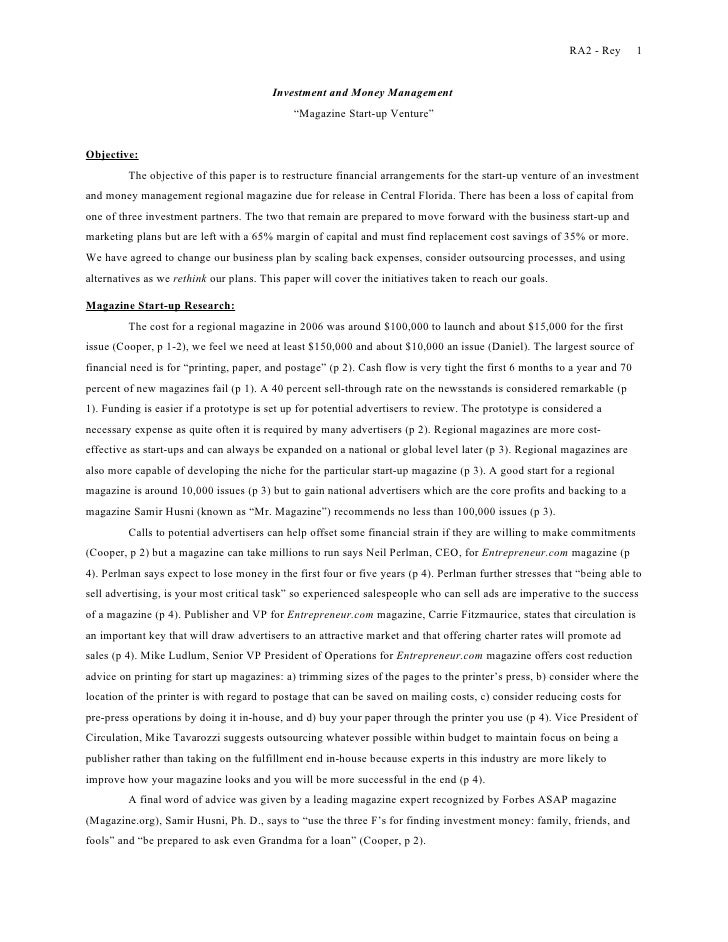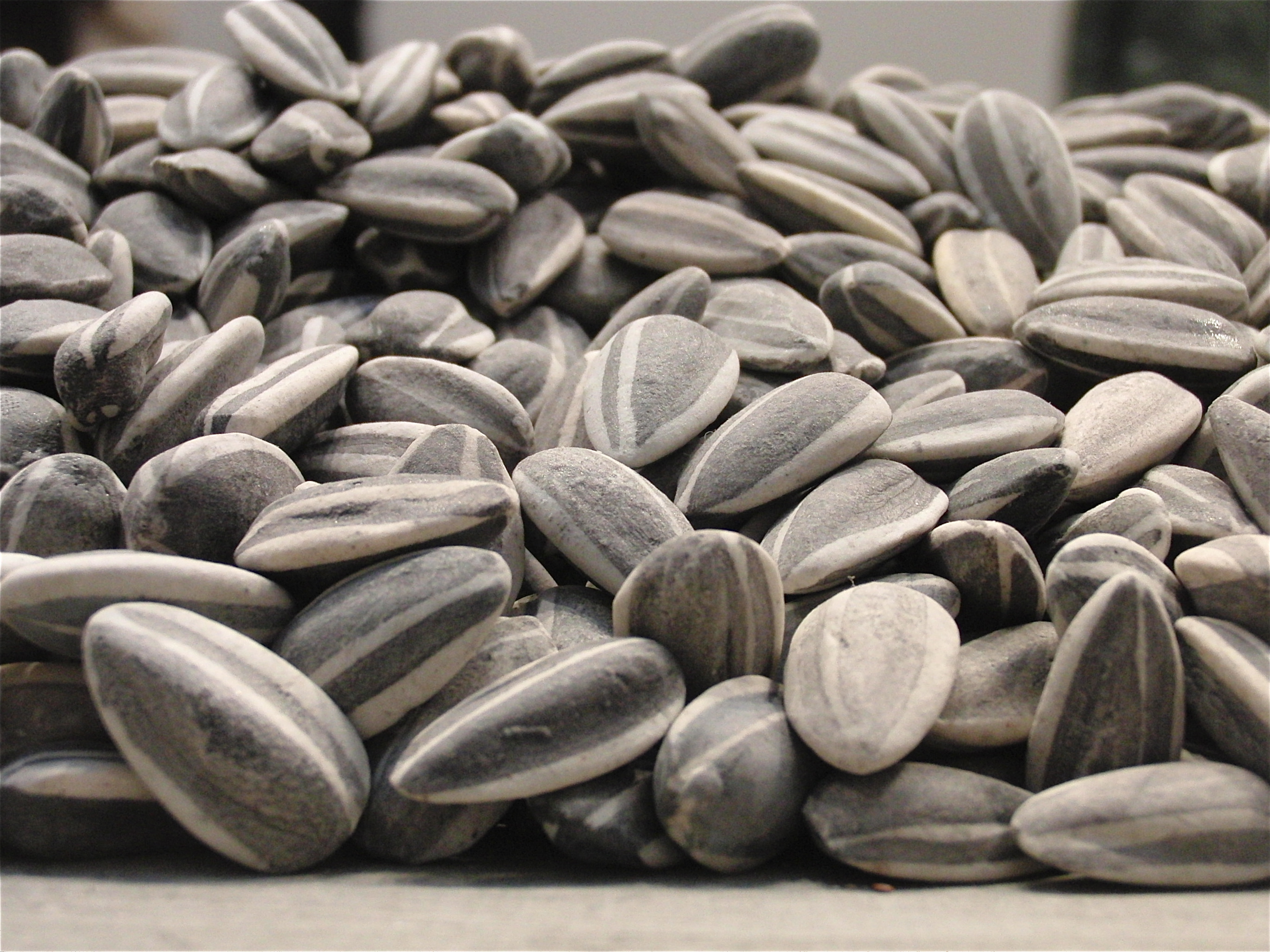Anglo-Saxon, Norse and Celtic - Emmanuel College, Cambridge.
A dissertation is a compulsory element in Part II. The procedures are essentially the same as for Part I, and will be set in motion in the Easter Term, after the end of the Part I examinations. Again, the fundamental point is that you should be working on your dissertation during the Long Vacation before the beginning of your third year.
The ASNC Department offers a 9-month research-preparation MPhil course and a three-year PhD. It has a lively graduate community with students pursuing research topics in all areas covered by the teaching and research interests of the Department, covering early medieval languages and literatures (Old English, Old Norse, Medieval Welsh, Medieval.

The ASNC stylesheet is based on the stylesheet produced in 1990 for Cambridge Studies in Anglo-Saxon England (CSASE), itself adapted from the stylesheet devised in the early 1980s for Anglo-Saxon England (ASE). The following stylesheet includes examples from other ASNC areas. 1. GENERAL. Dissertations must be in English, and printed out on A4 paper.

ASNC Tripos, Part II. The three year ASNC tripos is divided into two main academic phases - Part I and Part II (described here). Part I spans two years and consists of the 'Prelim to Part I' year (first year of study) and the 'Part I' year (second year of study).

The ASNC stylesheet is based on the stylesheet produced in 1990 for Cambridge Studies in Anglo-Saxon England (CSASE), itself adapted from the stylesheet devised in the early 1980s for Anglo-Saxon England (ASE). The following stylesheet includes examples from other ASNC areas. 1. GENERAL Dissertations must be in English, and printed out on A4 paper.

A viva on the dissertation is compulsory for all students who have been made an offer for continuation to PhD. Open Days. The University of Cambridge will be hosting its Cambridge Postgraduate Open Day on Friday 1 November 2019. Visit the Postgraduate Open Day page for more details. Departments. This course is advertised in the following departments.

Dissertation (compulsory) Anglo-Saxon, Norse and Celtic at Queens’ The ASNC department is located opposite the College in West Road. As ASNC is such a small department (about 70 undergraduate students distributed between the three years and 29 colleges) much of your subject related activity will be run through the department.

Moodle is a popular, flexible Virtual Learning Environment that is designed to support face-to-face teaching with a wide range of versatile online tools, as well as providing a place to upload resources for courses. It is very popular around the world as a tool for creating online dynamic teaching sites and supporting classroom training.

The PhD is a research degree, examined, usually after three years of research, by a dissertation of up to 80,000 words. The criteria for obtaining the degree are that the dissertation represent a 'substantial contribution to knowledge' and that it also represents a realistic amount of work for three years' study.

Cambridge undergraduates discuss their experiences at the University of Cambridge. To apply to Cambridge, you must submit a UCAS application by 15 October, which is earlier than other universities. Read more about the application process here.

Anglo-Saxon, Norse and Celtic is a small subject at Cambridge and most colleges have only a small number of students studying the tripos at a time, Magdalene being no exception. The College does, however, have very strong traditions in both medieval history and the study of literature, and undergraduates studying ASNC find themselves very much at home here.

Anglo-Saxon, Norse and Celtic - PhD The ASNC PhD is a research degree, examined, usually after three years of research, by a thesis of up to 80,000 words. The Department can offer doctoral supervision on topics in a variety of early medieval languages and literatures, in the history of a comparable range of geographical areas, as well as in palaeography.

The Anglo-Saxon, Norse, and Celtic (ASNC) Tripos offers a range of options, not available in any other university, for the study of the history, culture, languages, and literature of the different peoples who inhabited the British Isles and Scandinavia during the early medieval period.


